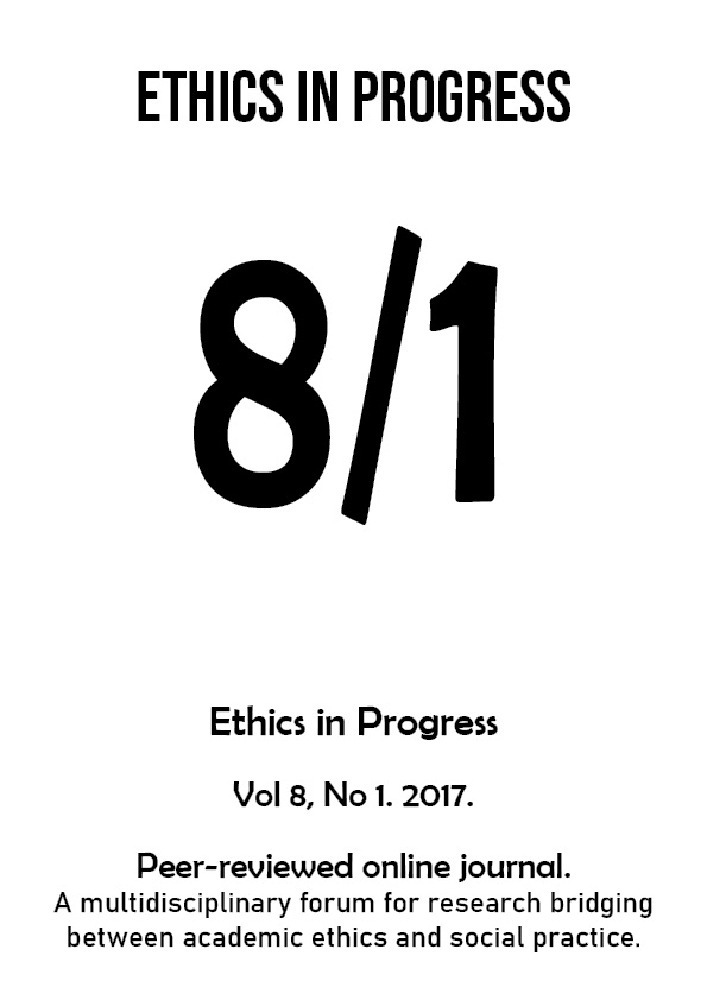Abstract
This paper aims to draw a connection between Jacques Derrida and Jean-Luc Marion in regard to the role of negative theology. This scrutiny shows meaningful contributions of the Authors to a new definition of subjectivity in a post-metaphysical age, and their consideration about which possibilities are still open for a non-predetermined history given outside of the presence domain. The future is neither a totalisation of history by its end, nor a simple continuation of the present. It is an eschatological event, where the relationship with the other plays a crucial role for the self-constitution. Such an interlacement is generated by the confession, where the link between past and future is not causally determined, but instead it is self-witness, as in Augustine’s masterpiece, essential reference for both the AuthorsReferences
Caputo, J. D. 1997. Prayers and Tears of Jacques Derrida. Bloomington – Indianapolis: Indiana University Press.
Dalmasso, G. 1994. Dare il nome. In J. Derrida, Il segreto del nome. Milano: Jaca Book, 7–34.
Derrida, J. 1967. Violence et métaphysique. In Id. L’écriture et la différence. Paris: Seuil; tr. it. 1971. It. Violenza e metafisica. In Id. La scrittura e la differenza. Torino: Einaudi, 149–169.
_______. 1972. La différance. In Id. Marges – de la philosophie. Paris: Minuit; tr. it. 1997. Margini. Della filosofia. Torino: Einaudi, 27–57.
_______. 1987a. Lettre à un ami japonais, in Id. Psyché. Inventions de l’autre II. Paris: Galile e; tr. it. 2009. Lettera a un amico giapponese. In Id. Psyché, vol. II. Milano: Jaca Book, 7–13.
_______. 1987b. Comment ne pas parler. Dénégations. In Id. Psyché. Inventions de l’autre II. Paris: Galile e; tr. it. 2009. Come non parlare. Denegazioni. In Id. Psyché II. Milano: Jaca Book, 171–236.
_______. 1991. Circonfessions. In Id. & G. Bennington, Jacques Derrida. Paris: Seuil; tr. it. 2008. Derridabase. Circonfessione. Roma: Lithos.
_______. 1994. Sauf le nom. Post-scriptum. Paris: Galile e; tr. it. 2005. Salvo il nome. Post-scriptum. In Id. Il segreto del nome. Milano: Jaca Book, 129–177.
_______. 1999. Derrida’s Response to Jean-Luc Marion. In J. D. Caputo & M. J. Scanalon (ed.) God, the Gift and Postmodernism. Bloomington – Indianapolis: Indiana University Press, 42–45.
_______. 2005. Composing “Circumfession”. In J. D. Caputo & M. J. Scanalon (ed.) Agustine and Postemodernism: Confessions and Circumfession. Bloomington and Indianapolis: Indiana University Press, 19–27.
Ferraris, M. 2008. Introduzione a Derrida. Roma-Bari: Laterza. Geraci, S. 2010. L’ultimo degli ebrei. Jacques Derrida e l’eredità di Abramo. Milano–Udine: Mimesis.
Gschwandtner, C. M. 2016. Marion and Theology. London – Oxford – New York – New Delhi – Sidney: Bloomsbury.
Lemna, K. 2016. Jean-Luc Marion and the Theological “School” of Montmartre. Irish Theological Quarterly, 81, 246–266.
Lettieri, G. 2001. L’altro Agostino. Ermeneutica e retorica della grazia dalla crisi alla metamorfosi del De doctrina christiana. Brescia: Morcelliana.
_______. 2014. Il differire della metafora, II. Filosofia e Teologia, 28, 127–171.
Marion, J.-L. 1977. L’idole et la distance. Paris: Grasset; tr. it. 1979. L’idolo e la distanza. Milano: Jaca Book.
_______. 1996. La croisée du visible. Paris: PUF.
_______. 1997. Etant donné. Essai d’une phénoménologie de la donation. Paris: PUF; tr. it. 2001. Dato che. Saggio per una fenomenologia della donazione. Torino: SEI.
_______. 2001. Au nom ou comment le taire. In Id. De surcroît. Paris: PUF, 155–195.
_______. 2002 (1982). Dieu sans l’être. Paris: PUF; tr. it. 2008. Dio senza essere. Milano: Jaca Book.
_______. 2003. Le phénomène érotique. Six méditations. Paris: Grasset; tr. it. 2007. Il fenomeno erotico. Sei meditazioni. Siena: Cantagalli.
_______. 2005. Ce qui ne se dit pas – l’apophase du discours amoureux. In Id. Le visible et le révélé. Paris: Cerf; tr. it. 2007. Ciò che non si dice: l’apofasi del discorso amoroso. In Id. Il visibile e il rivelato. Milano: Jaca Book, 107–129.
_______. 2008. Au lieu de soi. L’approche de Saint Augustin. Paris: PUF; tr. it. 2014. Sant’Agostino. In luogo di sé. Milano: Jaca Book.
_______. 2010. Certitudes négatives. Paris: Grasset; tr. it. 2014. Certezze negative. Firenze: Le Lettere.
_______. 2012a. La rigueur des choses. Entretiens avec Dan Arbib. Paris: Flammarion.
_______. 2012b. Jacques Derrida et l’impossibilité du don. In Id. Figures de phénoménologie. Husserl, Heidegger, Levinas, Henry, Derrida. Paris: Vrin, 117–128.
Tarditi, C. 2008. Con e oltre la fenomenologia storica. Le eresie fenomenologiche di Jacques Derrida e Jean-Luc Marion. il Nuovo Melangolo: Genova.
_______. 2015. Seeing the Invisible. Jean-Luc Marion’s Path from Husserl to Saint Paul. In A. Cimino & P. Kontos (ed.) Phenomenology and the Metaphysics of Sight. Leiden-Boston: Brill, 142–162




